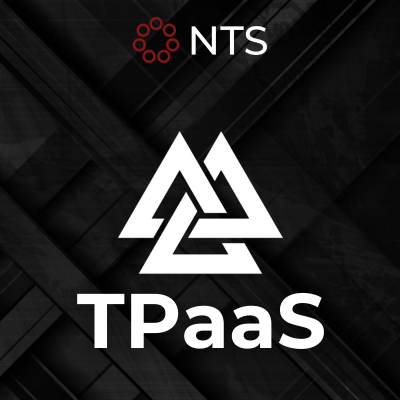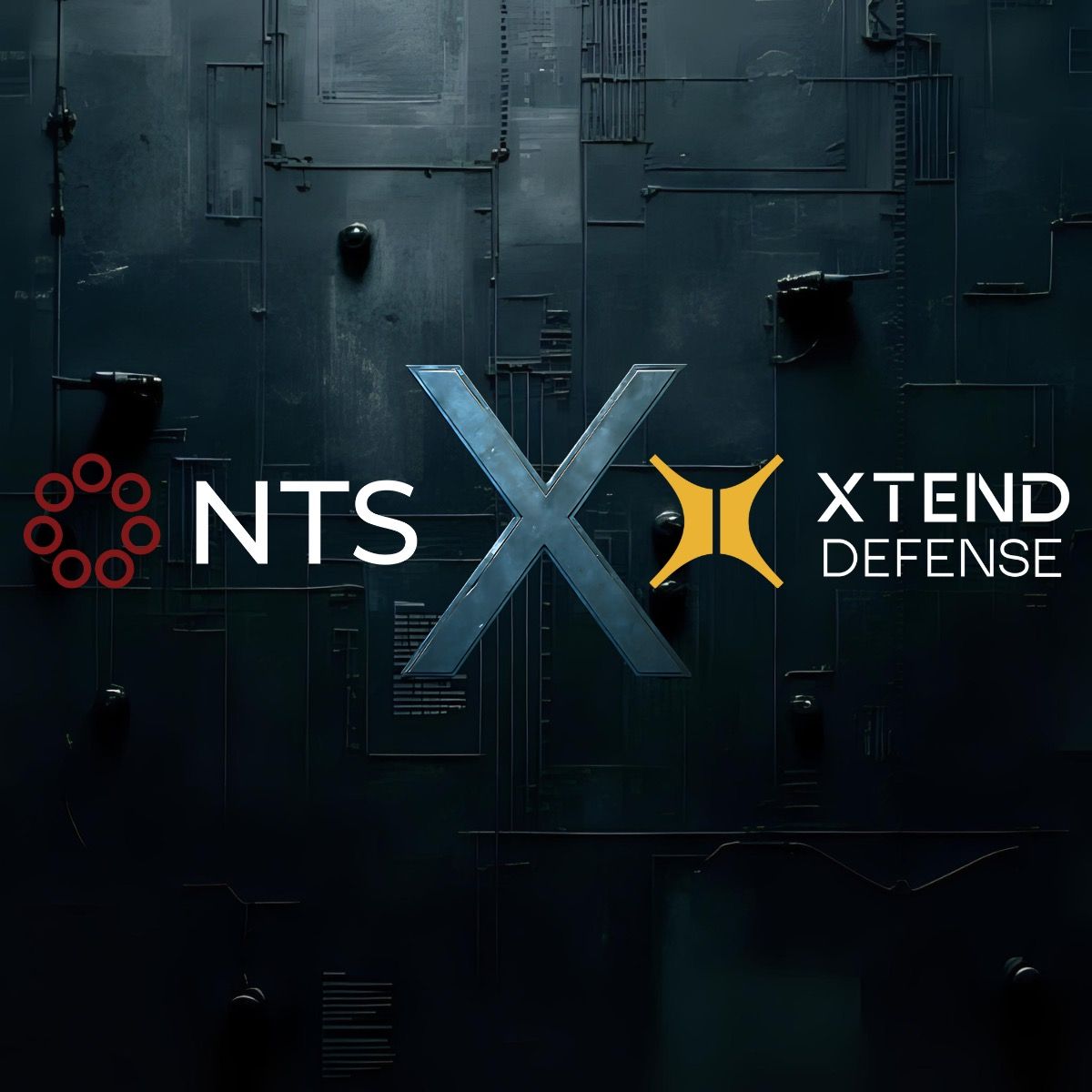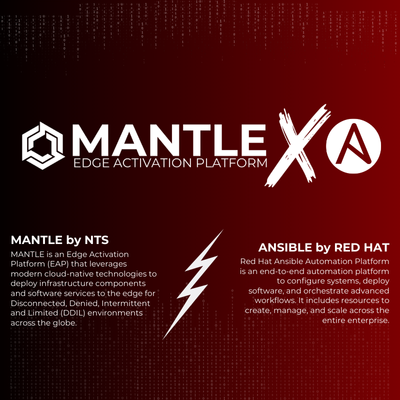The 2023 National Defense Authorization Act Updates
Thursday, December 15th, the Senate passed the National Defense Authorization Act for 2023. Here are all the details.
NATIONAL DEFENSE AUTHORIZATION ACT SUMMARY
Twice a year, Congress oversees and refreshes the U.S. defense budget through two bills; The National Defense Authorization Act (NDAA) and the defense appropriations bills. Beginning in 1961, the NDAA was put in motion as a budget to allocate funds for the nation to train, equip and provide resources for our defense efforts.
- The budget set within the NDAA runs from October to September.
- 2023 marks the 61st time the bill has been passed
- The bill has only been vetoed once, in 2021 but it was overturned and later passed
WHAT’S INCLUDED?
The 2023 NDAA is comprised of $858 billion in funding split among four main sectors listed in the table below.
2023 NDAA Spending Summary (In Billions)
Department of Defense $816.7
Department of Energy$30.3NDAA Topline. $847.3
Defense-related Activities Outside NDAA Jurisdiction $10.6
National Defense Topline. $857.9
This year’s budget was increased to address the ongoing effects of inflation and assist in implementing the national defense strategy. This includes $12.6 billion for inflation, nearly $4 billion for delayed/impacted military construction projects, and $2.5 billion for the hefty increase in fuel costs.
The bill also includes provisions to strengthen air power, land warfare, as well as cybersecurity defense capabilities.
Cybersecurity: Mitigating our nation’s vulnerability to cyber threats has never been more crucial. As technological advancements continue to streamline and modernize defense capabilities, security becomes all the more pressing.
The 2023 NDAA seeks to reinforce the Department of Defense’s cybersecurity strategy and capabilities through data modernization, training, and emerging technology.
Artificial Intelligence: Future war operations are relying on emerging tech with a strong emphasis on AI to lead the charge. With this comes a need for more funds to feed the efforts. This year’s NDAA placed focus on data repositories, future AI software development, and leadership.
Software tools: Upgrades to software were also included. Specifically for both The Space Force and The Air Force. This is a step towards keeping up with modernization goals for future years.
WHAT’S EXCLUDED?
While the goal of the bill is to address and fund as many defense concerns as possible, not all efforts make the final cut. Here are a few that were mentioned but ultimately excluded.
Cybersecurity training program: In an attempt to bridge the expanding gap in the cybersecurity workforce, there were talks of a pilot program for 2023. Through the program, both veterans and their spouses would be eligible to receive free cybersecurity training. This was just one of 900 amendments to be filed for this year’s bill.
The United States-Israel Artificial Intelligence Center: Although AI is a top priority for the nation, not all AI efforts were included in the final bill, including the United States-Israel Artificial Intelligence Center. This amendment was originally introduced in the summer of 2021 as a partnership that would work jointly to create advanced AI-focused tech.
THE NDAA AND NTS
NexTech Solutions continues to push the envelope with advancements in many of the related fields that the NDAA provides funding to. As a company, we focus our efforts jointly on being a VAR and offering software solutions. We will continue our commitment to providing the best tools and services to satisfy the needs of both our government and civilian clients.










